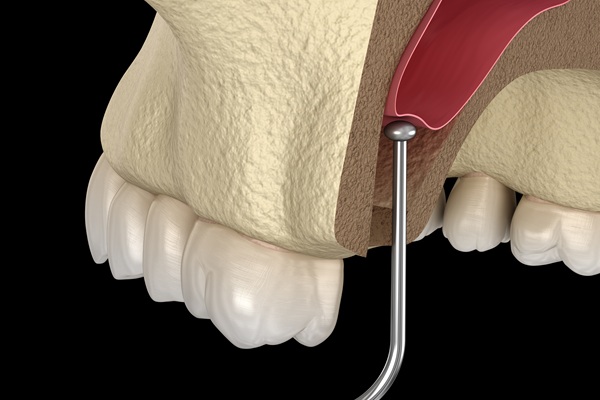Wisdom Tooth Extraction Aftercare
The removal of a is sometimes necessary. It can be due to the tooth being poorly developed or other dental issues, like tooth decay. The wisdom teeth are the last set of teeth to emerge, and they typically erupt by the time you are 21.
Wisdom teeth are the only set of teeth that are not completely necessary. Given their location at the back of the mouth, they are also one of the hardest teeth to clean, making them susceptible to a variety of dental issues.
Dentists typically recommend the removal of a wisdom tooth once it starts creating any problems. The procedure is over in a couple of hours.
Taking care of the mouth after the removal of a wisdom tooth
The removal of a wisdom tooth often involves oral surgery. Taking care of the site of the extraction afterward is extremely important, since the area is vulnerable to infection and bleeding for the first 48 hours.
Here are important things patients should do following a tooth extraction:
Right after the procedure
1. Gauze should be placed on the extraction site for the first hour after the extraction. This is done to facilitate blood clotting. If the site continues to bleed after an hour, replace the gauze being used with a new one.
2. Try not to irritate the site of the surgery by rinsing the mouth vigorously or touching the site with the fingers or food. This can dislodge the blood clot holding back the bleeding.
3. Patients will often be prescribed a painkiller after surgery, and they should take it when the local anesthetic begins to wear off.
4. Take things easy after the surgery. Getting lots of rest speeds up the recovery process.
5. Apply ice packs to the area of the face around the extraction site to reduce inflammation.
Dealing with the bleeding
Bleeding after having a tooth extracted is completely normal. That includes spitting out red saliva for a few hours after the surgery. As mentioned, an effective way to reduce bleeding is by placing gauze on the extraction site and biting down on it. This slows down the bleeding, making it easier for a clot to form.
If the bleeding continues for more than a few hours, wet a tea bag, place it over the extraction site and bite down. Tea contains tannic acid, which contracts bleeding blood vessels, making it easier for clots to form.
The patient can also do little things like sitting upright and avoiding exertion to speed up the clotting process.
Eating after oral surgery
Patients should avoid using straws after oral surgery. The suction forces created can dislodge the clot. Patients should stick to soft foods and chew using the opposite side of their mouth. Patients who opt to have all four wisdom teeth removed should stick to soft foods that do not need to be chewed. Patients should try to avoid missing meals during this period, since the nutrients aid the healing process.
Want to learn more about taking care of yourself after a tooth extraction? Talk to one of our dentists today.
Here's what you need …
For more information or to schedule an appointment with Platte Valley Oral Surgery, request an appointment in our Brighton dental office here: https://brighton.drjstearns.com. Or call us at (303) 997-0223.
Check out what others are saying about our dental services on Yelp: .
Recent Posts
A sinus lift procedure goes by many other names, including sinus elevation, sinus augmentation, and sinus graft. It can be an important step in the process of having a dental implant placed in the upper jaw to replace a missing tooth. The procedure involves raising the floor of one of the maxillary sinuses and filling…
Facial trauma treatment differs based on the severity and location of the damage. Continue reading to learn how an oral surgeon addresses facial trauma. It can cause other medical issues, so it is important to seek treatment promptly. An oral surgeon is a face trauma specialist who is trained in maxillofacial surgery and treatment. They…
Oral bone grafting procedures can help restore mouth functionality, health, and appearance. These surgical procedures vary in type and extent. Continue reading to learn more about dental bone grafts, the surgical grafting process, and why someone might need oral bone grafts.Surgeons perform bone grafts throughout the body. Oral bone grafting occurs in the mouth, usually…
An oral pathology must receive immediate treatment. This can prevent more complications later on. Your oral surgeon can help correct any dental problem. Here are the details about each common oral pathology and its corresponding treatment.This oral pathology results from a bacterial infection because of plaque buildup. Symptoms of this condition include gum bleeding and…


